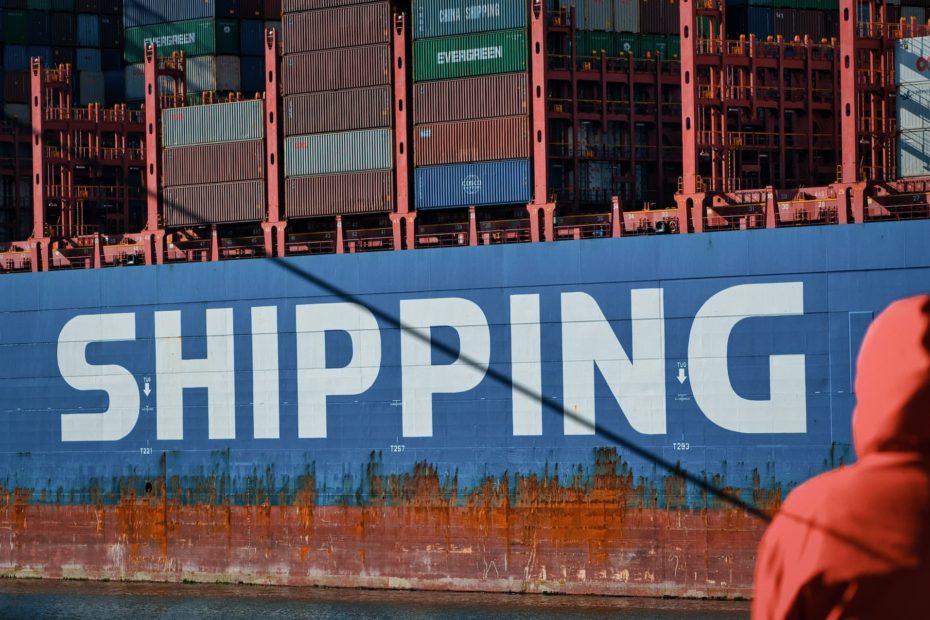Doing business across borders can be both rewarding and challenging. We help customers navigate the complexities and ensure a prosperous venture, we have compiled some essential tips for successful international shipping. Before you start shipping abroad, it’s important to research and find out which countriebiker boots schoenen meisjes Belgium zapatillas nike air hombre negras nike zoom vaporfly max white shoes bassetti copriletto matrimoniale biker boots idee biglietti regalo compleanno pantalon siksilk jd inview totes i am yours piano chords 24bottle amazon nike toddler girl shoes rioolreinigingsslang 20 meter fön mit batterie s you can ship to and what the restrictions are. Different countries have different rules and regulations regarding importing goods, so it’s important to be familiar with your target market requirements.
Keep your international shipping costs low.
We have a good understanding of the costs involved when offering customers international shipping, and how to keep them down. Firstly, don’t be afraid to negotiate with our shipping courier. We can adjust our rates based on your annual shipping volume, meaning the more you ship, the lower your rate will be. Make sure you discuss these costs in advance with our courier. On top of this, it’s important to note that we charge based on the size, weight and destination of your parcel. So, make sure you’re always using the lightest and smallest packaging for your shipment. Depending on the shipping method you go with, you can often get your hands on free shipping supplies from us. Alternatively, you can find discounted rates when buying in bulk.
Choose the right international shipping strategy.
Choosing the right international shipping strategy for your business is essential for providing your customers with what they want while remaining as cost effective as possible. There’s no one-size-fits-all here. Your shipping strategy will need to depend on your audience, budget, margins, product and a variety of other factors. If you’re new to international shipping, you may find it easier to use Asasoft we are an experienced fulfillment partner, as we can help you navigate different regulations. With that said, before you can decide which shipping strategy you’re going to use, it’s important to have a good understanding of the key elements involved in the process.
There are three main considerations you should take into account…
- The size and weight of your products
- The shipping destinations
- Your specific shipping needs that is what is the best shipping service for your business?
Let’s explore these a little further:
The majority of major shipping couriers use a pricing technique called dimensional (DIM) weight to calculate their shipping costs. What this means is the size of the package, as well as its weight, is taken into account. Courier services will then charge shipping costs based on which ever is greater :the weight of the package or its DIM weight. As well as the size and weight of your products, when looking for a shipping courier, you need to keep in mind that rates can vary significantly for different countries. And lastly, make sure you manage your shipping options so you can delight your customers while keeping your costs in check.
Provide a commercial invoice where necessary.
A commercial invoice is a document that contains all the relevant information about the goods you are shipping, and is also used to create a customs declaration. It is not usually required for sending to some countries, so make sure you check this beforehand. There are a few reasons you are required to provide a commercial invoice for the international shipment of goods:
- Incorrect information can lead to delays, so it helps to prevent hold ups if accurate details can be presented via the invoice.
- It ensures the right taxes and duties are paid for your items.
- It is a legal requirement.
So, how do you complete a commercial invoice correctly? We include the following information:
- Your address
- The recipient’s address
- Tariff code
- Description of the goods
- Reason for export
- Value of goods (in the relevant currency)
- Delivery times
- VAT and EORI numbers (can be found at your local HMRC office and are used to identify you to customs as an international trader)
- Your signature
As an international seller, it’s essential you meet these commercial invoice requirements in order to avoid costly delays during transit and run a successful online business overseas.
Know the correct shipping terminology.
Our final top tip is to have a good grasp of shipping terminology. Regardless of which international shipping service you choose, it always helps to know some of the basic terminology so you can always ensure coherent conversations with couriers and everyone involved with your shipment. What’s more, having this knowledge helps you to have more control over the shipment process as a whole and to avoid unwanted surprises both for you, and your new global customers.
- Harmonized tariff code: This is a code given to each of your products which indicates a description of the item and it is required when completing your commercial invoice document.
- Commercial invoice: A customs document that contains all the relevant information about your products, which is used when calculating the duties and taxes for your package.
- Certificate of origin: An official document that authenticates the country of origin for your shipment.
- Export declaration: A form that provides information on amount, nature and value of your items, that is presented during customs and serves as an export control document.
- Duties and taxes: Charges imposed by the country importing your shipment.
CONCLUSION:
International trade can be a great way to grow your business and reach new markets. By following these essential tips, you can increase your chances of success in international shipping. If you are looking for help with international shipping, this solutions can help you. We have over 10 years of experience and can help you in this sector.



